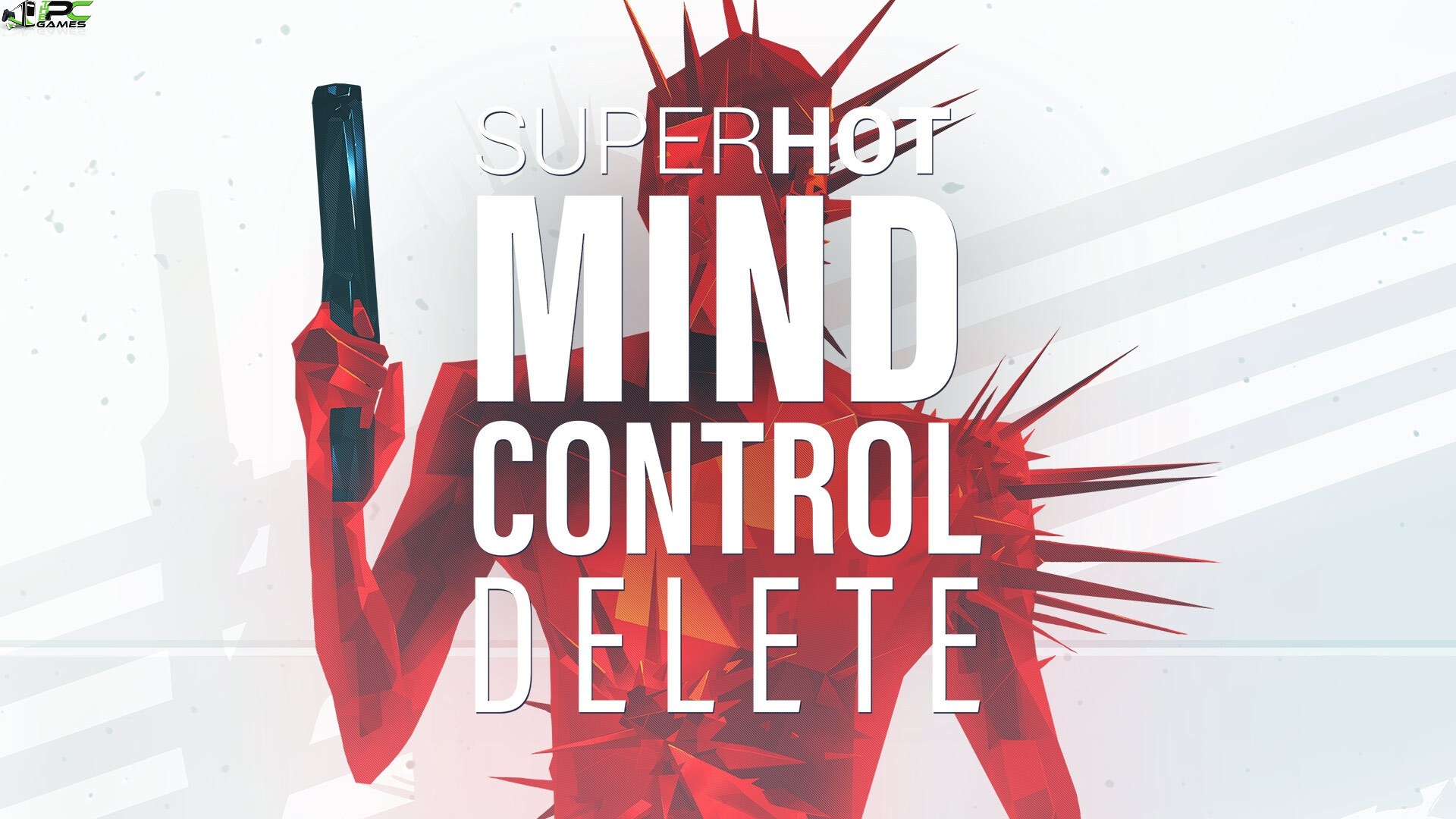

Dropping the resolution to 1080p doesn't solve the choppy framerate issue either, and he mentions that the game runs smoothly on PS5 with 60fps compared to the PC version. He continues to state that even though he has a 3080 TI, 64 GBs of Ram, and an I7 processor, that he struggled to get a decent framerate and is shocked because he exceeded the recommended requirements.
#Superhot pc anti piracy how to
Related: How To Get Exclusive Deathloop Items Before The Game ReleasesĪccording to popular YouTuber, GmanLives, who is known for covering first-person shooters, the PC version of Deathloop has performance issues and he assumes that it has to do with Denuvo DRM. After being revealed that the title achieved better PC performance without Denuvo DRM, which was causing high CPU usage, Capcom issued a statement and released a new patch. With very limited ammunition every level becomes an increasingly deadly puzzle for you to solve. Dive into a strategic game of fluid time mechanics and face your enemies. One example is Resident Evil 8, which was highly praised upon release but gained criticism due to the PC version's instability. SUPERHOT is a unique first-person shooter game where time moves only when you move. Though certifiable, Denuvo has been seen to be counter-intuitive as developers who have launched their games with the system have received negative feedback due to it slowing down games and ruining performance. Arkane Studio's anticipated first-person shooter, Deathloop, is officially coming out tomorrow and has been delineated as innovative and experimental, receiving lofty early reviews. Announced as a timed exclusive for PlayStation 5 and PC, Deathloop's minimum recommended specs are shown to be reasonably high, especially compared to other modern games, and has caused PC players to become anxious. With early reviews coming out, a YouTuber has pointed out that even with the highest PC specs possible, Deathloop runs poorly due to Denuvo – an anti-cheat software.ĭenuvo Anti-Cheat is an anti-piracy digital rights management system (DRM) that game developers can choose to include in their games that make it more difficult for people to “crack” and to ensure players don't pirate them.


 0 kommentar(er)
0 kommentar(er)
